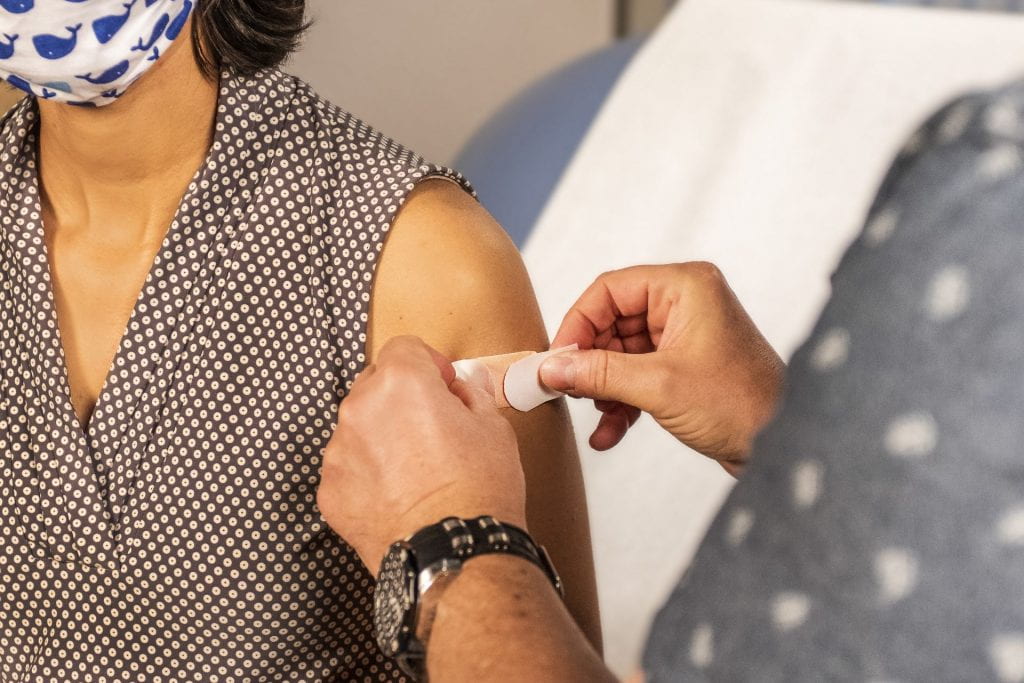Abstract
Objectives
To explore the associations between vaccine hesitancy and demographic and socio-economic characteristics, as well as perspective towards the COVID-19 and its vaccines.
Methods
Data were collected through four online surveys on Israel’s representative sample in March (3/2 to 3/7, n = 1517), August (8/10–8/11, n = 925; 8/18–8/22, n = 1054), and September (9/22-9/24; n=1406), 2021. We employ a set of logistic regression models to explore the association between the vaccination action and intentions and the individual-level attributes.
Results
We find that individual characteristics, such as age, ethnicity/religiosity, and income, were associated with the vaccination action and intention during the early stage of vaccine distribution. However, most of the discrepancies across demographic groups have disappeared as time passed, and once we limit to those who had not been infected. Lastly, individuals’ perspectives toward COVID-19 and its vaccines have prediction power as high as 39% of the vaccination action and intention, higher than their demographic and socio-economic characteristics.
Implications
Our findings have the potential to facilitate efforts to increase vaccine uptake by targeting populations, which are the most likely to express hesitancy, and address reported barriers to receipt.
Citation
Heller, O., Chun, Y., Shlomo, Y., Gewirtz-Meydan, A., Acri, M., Kulkarni, S., & Grinstein-Weiss, M. (2022). Public perceptions and the willingness to get vaccinated against COVID-19: Lessons from Israel. Vaccine. https://doi.org/10.1016/j.vaccine.2022.02.031
